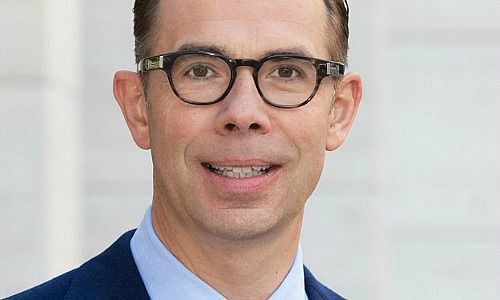The German division of UBS last year posted another loss, the head of the unit admitted in a newspaper report. He is under pressure to improve the performance.
UBS Germany at the end of 2015 was very close to reaching the point of break even. The last step to profitability seems to be the toughest though, the latest set of numbers suggest.
Thomas Rodermann, UBS head of Germany, told «Handelsblatt» (behind paywall) that the company had another loss last year.
«Justified Pressure»
Rodermann, 52, two years ago moved from Deutsche Bank to the Swiss rival and will now come under sustained pressure to complete the turnaround. «As a global leader in wealth management it is our clear goal to be profitable in Germany,» the manager said. «Justified pressure» to achieve this target was applied not only by the group management but also by the regulator, he added.
And Rodermann wants to deliver. After joining the bank he designed a three-year plan, according to which UBS will return a profit next year. «Looking at it from today’s perspective, this is achievable,» he said. In a first step, he wants his charges to achieve break even at the of the year and to clearly reduce last year’s loss.
Further Investments Required
The manager says that the bank will have to invest in its relationship managers, digitization and in becoming more efficient to be able to achieve sustainable profitability and growth. The costs will reach a double-digit figure.
At least, the company is growing faster than its competitors in banking with rich customers, a core business of UBS.
UBS Europe – Home for London's Bankers?
Rodermann also needs to take care about his second charge, the bank for Europe, UBS Europe SE. The company has aggregated the wealth management of all of Europe in this unit. The bank hopes to saves the cost of having separate banking licenses in all the various European markets.
Some experts believe that UBS may make the bank for Europe the new home for UBS bankers currently based in London, should Brexit require a substantial reduction of activities in the city.
UBS Chairman Axel Weber at the World Economic Forum in Davos in January spoke of the idea to cut as many as a fifth of the 5,000 UBS jobs in London.
Many If's, Few Answers
Rodermann told «Handelsblatt» that the question about if and how many of the London jobs would be moved depended on many factors, including the future regulatory environment.
One of the main problems for UBS is the projected length of the negotiations leading to the departure of the U.K. from the EU.



































